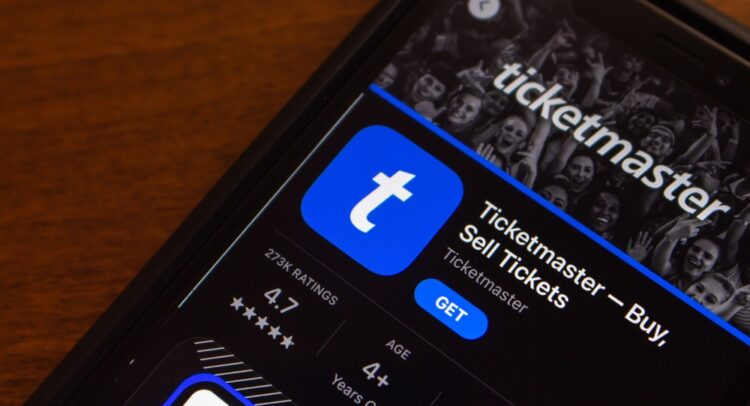
Judge Clears Path for Antitrust Claims Against Live Nation
A significant legal development has unfolded in the antitrust landscape as a Manhattan federal judge appears poised to allow a coalition of 39 states to pursue antitrust damages against Live Nation Entertainment, the parent company of Ticketmaster. This decision arises from allegations that Live Nation's practices have directly harmed competition in the events and ticketing industry.
The case has drawn attention due to its potential impact on the structure and conduct of one of the most influential players in the entertainment world. Live Nation, which merged with Ticketmaster in 2010, has long faced scrutiny for its dominance in ticket sales, event promotion, and venue management. Critics argue that this consolidation has left limited room for competition, driving up prices and stifling innovation in the industry. The coalition of states alleges that Live Nation’s practices harm both competitors and consumers, and the judge's stance signals that their concerns have legal merit.
Also Read:- Robert Eggers to Direct a Sequel to 1986 Cult ClassicLabyrinth
- Trump Visits Hurricane-Ravaged North Carolina, Speaks on Disaster Management
The states have presented arguments suggesting that Live Nation’s dominance has created barriers to entry for smaller competitors, forced artists and venues into restrictive contracts, and resulted in excessive fees for consumers. The judge’s apparent readiness to allow the case to proceed stems from evidence of direct harm caused by these practices—a critical factor in antitrust litigation. This decision represents a significant step forward for state enforcers seeking accountability and potential remedies for the alleged anti-competitive behavior.
Live Nation, for its part, has argued against the states’ standing to bring such claims, asserting that the alleged harms lack sufficient connection to its conduct. However, the court’s skepticism of these arguments indicates a willingness to examine the broader implications of Live Nation’s actions on competition and market dynamics.
As the case moves forward, its outcome could set a precedent for how antitrust laws are applied to digital markets and dominant firms in entertainment. It underscores growing scrutiny from both states and federal agencies, marking a pivotal moment for competition enforcement in the U.S. entertainment sector.
Read More:



0 Comments